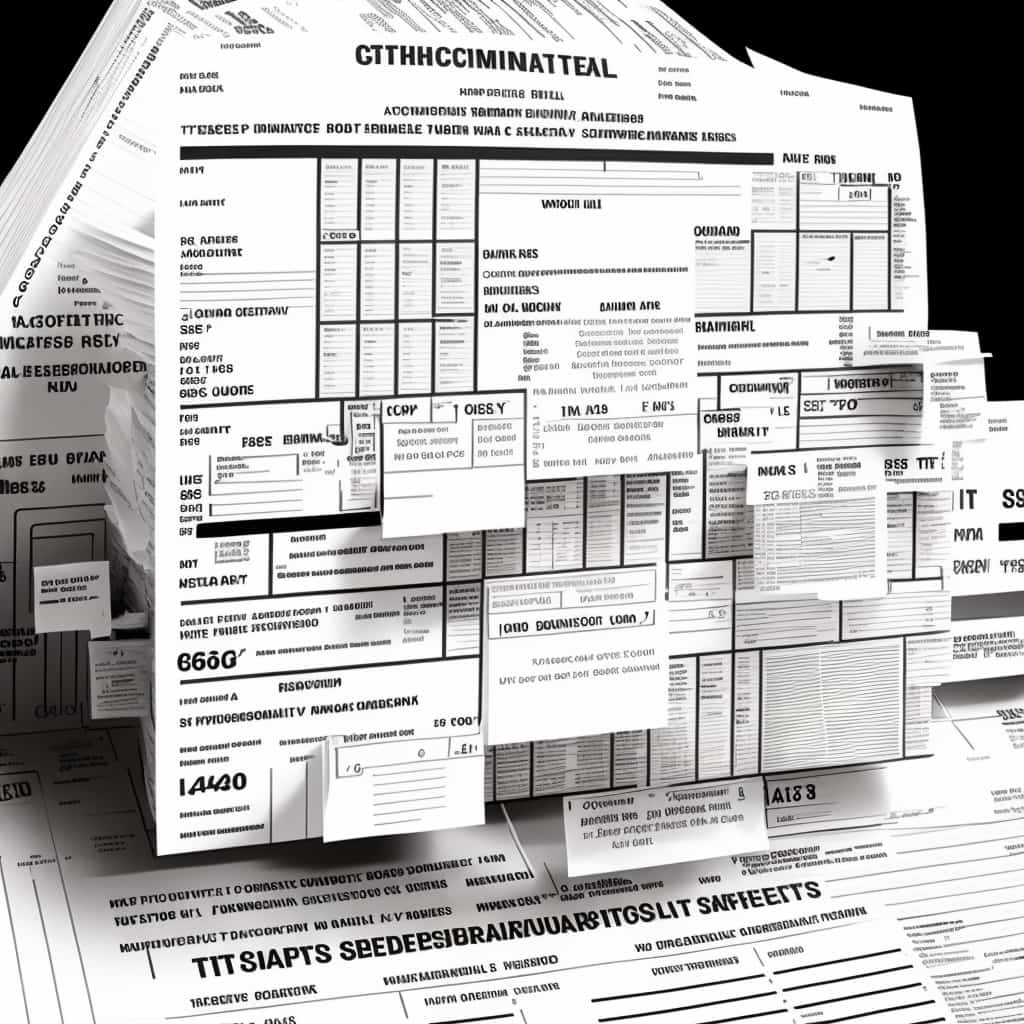How does PTSD Limit Ability To Work: Is It Time to Consider Disability Benefits For A Loss of Working Function Due to PTSD?

Post-traumatic stress disorder is a mental health condition that can develop after someone experiences a traumatic event. PTSD is often associated with anxiety-related disorders and can cause a significant impact on a person’s daily life. Traumatic experiences, such as natural disasters, sexual abuse, substance abuse, physical injuries, and traumatic experiences faced by police officers and first responders, can lead to the development of PTSD.
PTSD can result from traumatic experiences such as sexual assault, natural disasters, physical or sexual abuse, violent crimes, or active military service.
PTSD can cause a wide range of symptoms, including intrusive thoughts, memory problems, negative thoughts, impairing your concentration, anxiety-related disorders, panic attacks, severe anxiety, and extreme limitations in social functioning.
Common symptoms of PTSD include intrusive thoughts, negative thoughts, panic attacks, extreme limitation in social functioning, severe anxiety, memory problems, and stress disorder.
How PTSD Can Affect a Person’s Working Ability
PTSD can affect a person’s ability to work and perform daily activities. The symptoms of PTSD can make it difficult for an individual to concentrate, remember tasks, and interact with others appropriately. PTSD can also lead to a loss of interest in daily activities, substance abuse, and a significant impact on personal relationships.
If you have PTSD, your ability to function in many areas of your life might be much reduced.
The Social Security Administration (SSA) recognizes PTSD as a serious mental health condition and a basis for disability claims. However, to qualify for disability benefits, you must provide medical evidence that you have a severe mental impairment that prevents you from engaging in substantial gainful employment.

Applying for Disability Benefits with a PTSD Diagnosis
The Social Security Administration provides disability benefits to individuals who suffer from mental health disorders that affect how they can work.
PTSD is a medical condition that can qualify for Social Security Disability Insurance (SSDI) and Supplemental Security Income (SSI).
The SSA evaluates a PTSD claim according to specific criteria outlined in the “blue book” (Social Security’s Listing of Impairments) and on a case-by-case basis. The blue book lists mental health disorders, including stressor-related disorders, which include PTSD. To qualify for disability payments, a person must show that they have medical records that document their diagnosis of PTSD and that it significantly limits their ability to perform their job duties.
If you have PTSD, you may be able to qualify for social security disability insurance or Supplemental Security Income. To obtain disability benefits, you will need to file an initial application and provide medical documentation of your condition. The application process can be complex, and many claims are initially denied. Still, with the help of an attorney or legal advice, you can appeal the decision, present additional medical evidence, and show that you are unable to engage in substantial gainful employment.
The SSA recognizes that PTSD can significantly affect a person’s work and how they can perform major life activities.
Employers are also required to make reasonable accommodations for employees with disabilities, including mental impairments like PTSD, under the Americans with Disabilities Act (ADA).
Employee Assistance Programs can provide assistance to employees who have PTSD, which can help them stay in the workforce with appropriate treatment.

Navigating the Application Process for Social Security Disability Benefits
The application process for social security disability benefits can be challenging for people with PTSD symptoms.
When applying for SSDI or SSI benefits, it is essential to provide comprehensive medical records that support the diagnosis of PTSD and detail how they came to develop PTSD.
The medical documentation should include any hospital records, clinic notes, and other medical records that demonstrate the extent of the mental impairment and its impact what work they can do, and how they might be helped to do this work.
Supporting a Claim with Medical Records and Other Evidence
The medical evidence should be consistent with the criteria outlined in the Social Security Administration’s medical listing for PTSD.
Additionally, the medical evidence should show that the person has an extreme limitation in one of the following areas or a “marked” (severe) limitation in two of the following areas:
- adapting or managing oneself,
- interacting with others, concentrating on tasks, and learning, understanding, and remembering information.
Meeting the Criteria for Claims under the Social Security For Post Traumatic Stress Disorder
Meeting the criteria for disability claims under the Social Security Act requires demonstrating that PTSD is preventing the person from working or engaging in any substantial gainful activity (SGA) and that the mental impairment has lasted or is expected to last for at least 12 months or result in death.
In order to be considered disabled under the Social Security Act, an individual must be unable to engage in any substantial gainful activity (SGA).
This means that their ability to work and earn a living must be significantly impaired by their condition.
To meet the criteria for disability claims related to PTSD, the person must also demonstrate that their mental impairment has lasted or is expected to last for at least 12 months or result in death.
Normally, you will have to give a history of how you came to develop PTSD.
This requirement is meant to ensure that disability benefits are provided only to those with long-term or permanent conditions that severely limit their ability to work and whether they are able to earn a living.
Additionally, it is important to note that simply having a diagnosis of PTSD does not automatically qualify someone for Social Security disability benefits.
Capacity, Function and Work
The Social Security Administration will carefully evaluate the individual’s medical records, including any psychiatric evaluations, medical history, and mental health treatment, to determine whether the individual meets the specific criteria for disability claims related to PTSD.
Exaggerated or fraudulent claims for Social Security disability benefits can harm the system and make it more difficult for those with legitimate claims to receive the assistance they need.
It’s important for individuals seeking disability benefits for PTSD to provide truthful and accurate information about their condition and its impact on if and how they can work. This includes providing accurate medical records and other evidence to support their claim.
At the same time, it’s important for the Social Security Administration to thoroughly review each claim to ensure that only those who meet the specific criteria for disability benefits receive them.
This helps to maintain the integrity of the system and ensures that those who truly need assistance are able to receive it.
Seeking Reasonable Accommodations for PTSD Symptoms in the Workplace
If a person with PTSD is still able to work, they may be eligible for reasonable accommodations under the Americans with Disabilities Act.
Reasonable accommodations can include adjustments to job duties, flexible work schedules, or employee assistance programs.

Concluding Thoughts
In conclusion, PTSD can have a severe impact on a person’s ability to work and perform daily activities. It is important to seek appropriate treatment and support from mental health professionals to manage the condition.
If a person is unable to work because of PTSD, they may be eligible for Social Security disability benefits. Seeking legal advice and a free consultation can help individuals navigate the application process and support their claim with medical records and other evidence. Seeking reasonable accommodations in the workplace can also help those people remain employed.
Post-traumatic stress disorder (PTSD) can be a severely limiting disorder, impacting individuals in ways that may make it difficult to perform day-to-day activities or relate to their family and friends.
Patients may experience unstable reactions and behaviors, which can significantly impact their abilities. In these cases, case managers and support services can be a valuable resource, helping individuals navigate the complexities of workers’ comp, case management, and PTSD treatment.
While many people who develop PTSD may still have the ability and capacity to continue working, for some, the disorder can make it nearly impossible to do so. In these instances, seeking the right support and resources can be essential for long-term health and recovery.
Other Articles That Might Be Of interest
Famous People With PTSD: Celebrities Tell Their Stories
Best Strains of Cannabis for PTSD: Marijuana and Weed Strains Explored



